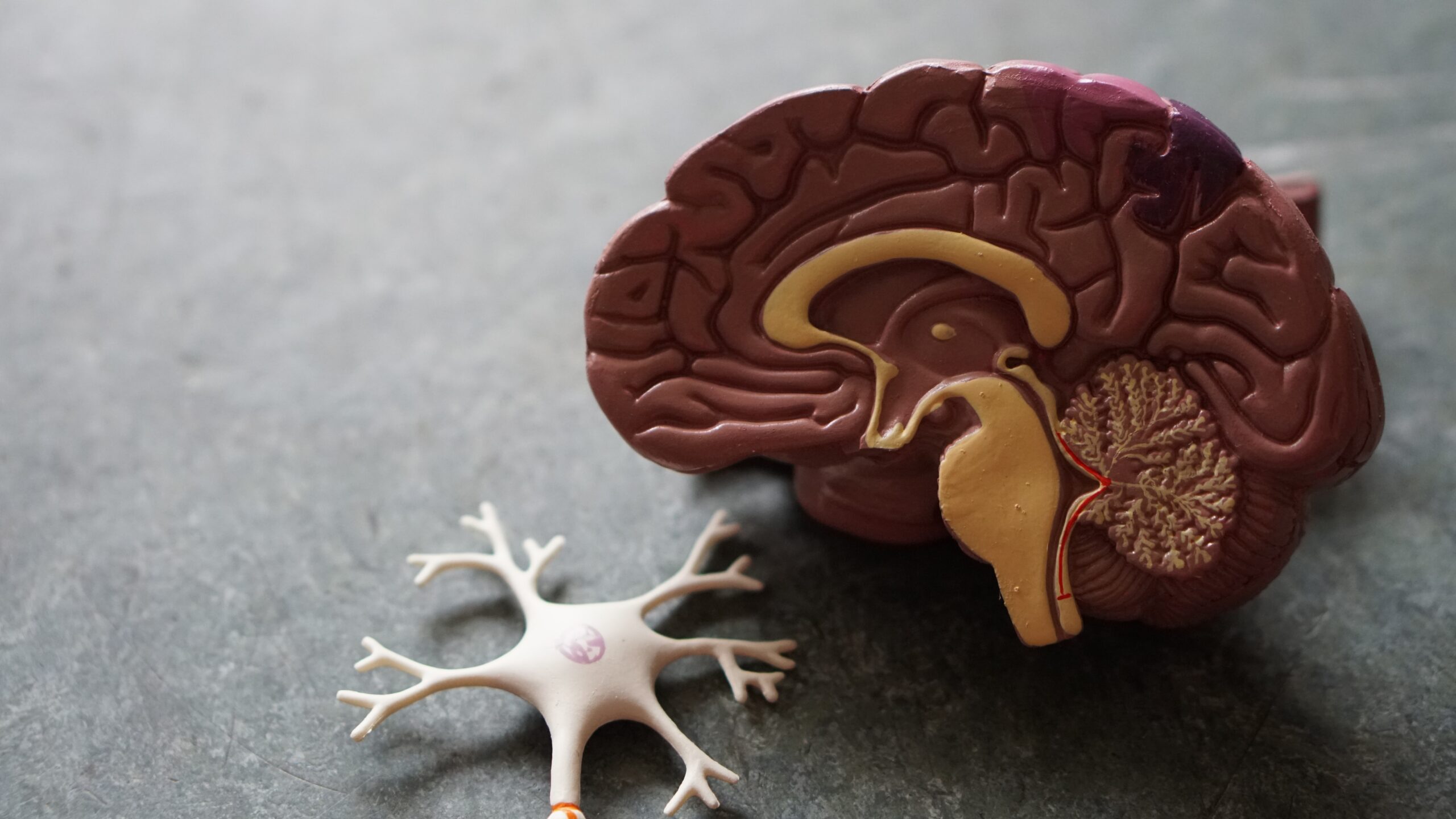
September is World Alzheimer’s Month, an opportunity to raise awareness of brain disease, and educate everyone around the world on Alzheimer’s disease.
The term “Alzheimer’s” is often used interchangeably with dementia; however, dementia is an umbrella term for symptoms caused by disorders affecting the brain and impacting memory, emotions, and behaviours.
Sadly, dementia affects over 55 million people across the globe, and a new diagnosis of dementia occurs approximately every 3 seconds. Alzheimer’s disease is the most common form and makes up about 50-60% of dementia diagnoses.
In this article, we look at the signs and symptoms of Alzheimer’s disease, and some of the common risk factors.
Alzheimer’s disease is a disease that affects the brain.
This video from Alzheimer’s Society explains what Alzheimer’s disease is, and how it is thought to be caused.
The symptoms of Alzheimer’s will generally be mild to begin with, however due to the progressive nature of the illness, symptoms will gradually worsen, and more symptoms may occur over time. As a result, sadly it can be a very difficult illness to watch your loved one experience.
Alzheimer’s symptoms can vary from person to person, however some of the most common symptoms include:
1 in 4 of us believe that there is nothing we can do to prevent the onset of dementia, however whilst there are some known risk factors that can increase your likelihood of developing Alzheimer’s disease or dementia, some of these factors can be managed to reduce the risk. These include eating a varied, balanced diet, not smoking, and exercising regularly.
Certain medical conditions and health problems can also increase your risk of developing Alzheimer’s, including diabetes, heart problems, high blood pressure/cholesterol, obesity, and depression – however you can mitigate the risk of these conditions by getting the right treatment and support to manage them as early as possible.
Unfortunately, some risk factors are unavoidable. Whilst it is possible to be diagnosed earlier (known as early-onset Alzheimer’s disease), one of the biggest risk factors for Alzheimer’s is age. The majority of individuals who develop Alzheimer’s disease do so after age 65. Once you reach this age, your risk of developing Alzheimer’s doubles approximately every 5 years. Around one in six adults age 80+ have dementia.
Gender is also another risk factor, as there are approximately double the number of women over 65 living with Alzheimer’s than men.
In rare scenarios, dementia can also be hereditary, however in the majority of cases, the role of genetics is unclear.
Dementia and Alzheimer’s disease are difficult diagnoses to receive for both individuals and loved ones. If you are a friend or family member looking after a loved one with Alzheimer’s disease, it is important to take care of yourself too.
There is a lot of support out there for individuals living with dementia and their families, friends, and support networks. The Alzheimer’s Society website is a great resource for support, advice, and information.
Our blog on diagnosis and treatment for Alzheimer’s disease outlines more of the support options that are available.
Photo by Robina Weermeijer on Unsplash.